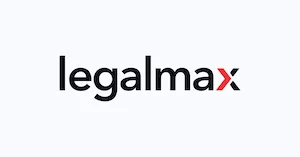Commencing on 1 August 2020, it is prohibited in Uzbekistan to issue a certificate of conformity for most imported consumer goods without the manufacturer's marking of such goods in the State language of Uzbekistan (the Uzbek alphabet based on the Latin script).
Hence, these types of goods fall under alcoholic and non-alcoholic beverages, confectionery, dairy products, sanitary and hygiene products and many other types of goods.
There is also the list of exceptions which includes:
- Goods without consumer packaging;
- Goods which are imported, for own needs and not intended for production or other commercial activities;
- Goods for official use of diplomatic and consular representations of foreign states in the Republic of Uzbekistan organized by international and intergovernmental organizations, representations of foreign states to these organizations and other international organizations, and also for their staff;
- Exhibition items, specimens for testing, products for the research and marketing.
The General Technical Regulations on Foodstuff Safety with regard to its labelling provide that information on the product and its manufacturer shall be applied:
- for consumer packaging,
- and/or on the label,
- and/or leaflet insert.
Concerning the previous practice - sticking a sticker on the package of products from August 1, 2020, is not allowed and may entail legal and reputational risks.
In cases where products are imported without a certificate of conformity in Uzbekistan, for example, with the application of certificates issued in OECD countries (Organization for Economic Cooperation and Development), requirements for product labelling in the state language are preserved, regardless of the country of certificate issuance.
The control of compliance with the rules of marking of imported products during their realization in trade networks is the duty of the State Standard (UZStandard) and the Tax Committee.
Realization of products without marking in the state language is considered as a breach of trade regulations (realization of products without documents). Therefore, there is an administrative and criminal liability for the infringement of this requirement.
Products entered into civil circulation (registered under the customs regime "release for free circulation") before August 1, 2020, are sold according to the requirements in force until August 1, taking into account the availability of a permissive sticker.
Ultimately, the requirements mentioned above significantly increase the ways to counteract and combat counterfeit products and parallel imports.
The content of this article is intended to provide a general guide to the subject matter. Specialist advice should be sought about your specific circumstances.


